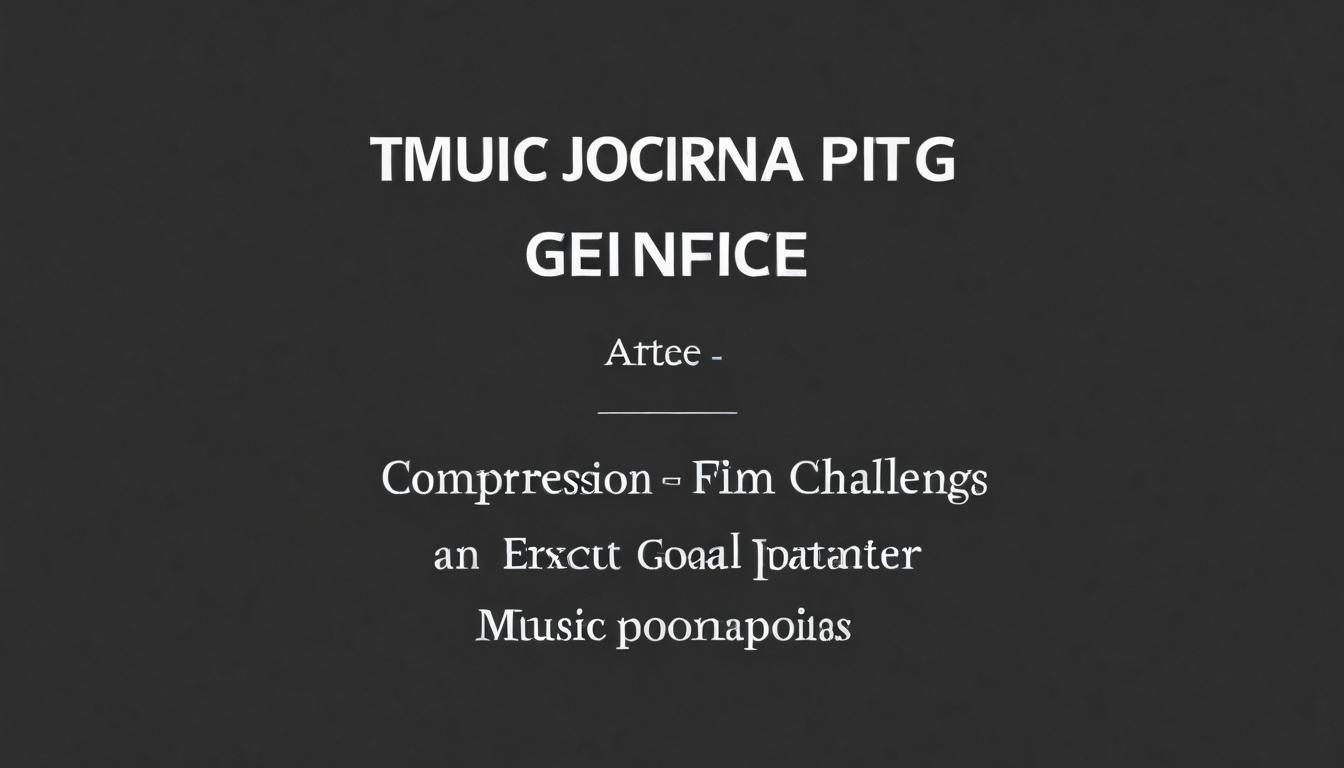Walking out of a theater, you might remember the stunning visuals or the powerful performances, but chances are the music has burrowed deep into your subconscious. Film composers have become the invisible architects of our emotional journeys through cinema, and their craft is undergoing a revolution that's reshaping how stories are told on screen.
In recent years, composers have moved from being mere background accompanists to becoming narrative partners with directors. The relationship between filmmaker and composer has evolved into something resembling a creative marriage, with composers often joining projects during pre-production rather than being brought in during post-production as an afterthought. This shift has fundamentally altered how music functions within films, transforming it from decoration to essential storytelling device.
Technology has democratized film scoring in ways that would have been unimaginable just two decades ago. Where once composers needed access to expensive recording studios and full orchestras, today's composers can create orchestral-quality scores from their home studios using sample libraries and digital audio workstations. This accessibility has opened the field to diverse voices who might have been excluded by the traditional gatekeeping of the industry, leading to more innovative and culturally varied scores.
Yet this technological revolution comes with its own challenges. The line between composer and sound designer has blurred significantly, with composers now expected to understand sound design principles and sound designers often contributing musical elements. This convergence has created richer auditory experiences but has also complicated the question of creative ownership and recognition within film productions.
Streaming platforms have created both opportunities and challenges for film composers. On one hand, the sheer volume of content being produced means more work than ever before. On the other, the compressed production schedules and budget constraints of streaming productions often mean composers have less time to develop their scores and fewer resources to realize their visions fully. The result is a landscape where brilliant scores exist alongside rushed, generic ones, creating a widening quality gap in film music.
The globalization of film production has brought fascinating cross-cultural collaborations to the forefront. Western composers are increasingly working on Asian productions, while composers from traditionally underrepresented regions are bringing their musical heritage to global audiences. These collaborations aren't just about adding exotic flavors to scores—they're creating genuinely new musical languages that reflect our increasingly interconnected world.
Video game scoring has emerged as both competitor and collaborator with film music. Many composers now work across both mediums, bringing cinematic sensibilities to games and interactive storytelling techniques to films. The influence flows both ways, with game scores becoming more sophisticated and narrative-driven while film scores incorporate more interactive and looping techniques from gaming.
Despite these exciting developments, film composers face significant challenges in receiving proper recognition and compensation. The rise of temp tracks—placeholder music used during editing—often boxes composers into recreating existing music rather than creating something original. Meanwhile, royalty structures haven't kept pace with the streaming era, leaving many composers struggling to earn sustainable incomes from their work.
The future of film scoring may lie in artificial intelligence, but not in the way many fear. Rather than replacing composers, AI tools are becoming collaborative partners that can generate musical ideas, orchestrate sketches, and handle technical tasks, freeing composers to focus on creative decisions. The most forward-thinking composers are already experimenting with these tools, viewing them as the next evolution of the technology that has always shaped their craft.
What remains constant through all these changes is the power of film music to connect with audiences on a primal level. A great score doesn't just support the images on screen—it reaches into our emotional core, making us feel the joy, tension, sorrow, or triumph of characters in ways that dialogue and visuals alone cannot achieve. In an age of content overload, the scores that stand out are those that create emotional fingerprints unique to their films.
As cinema continues to evolve, so too will the art of film scoring. The composers who will define the next era aren't just musicians—they're storytellers, technologists, and cultural synthesizers who understand that the most powerful movie moments often happen when the dialogue stops and the music takes over.
The unsung heroes of cinema: how film composers are changing storytelling

